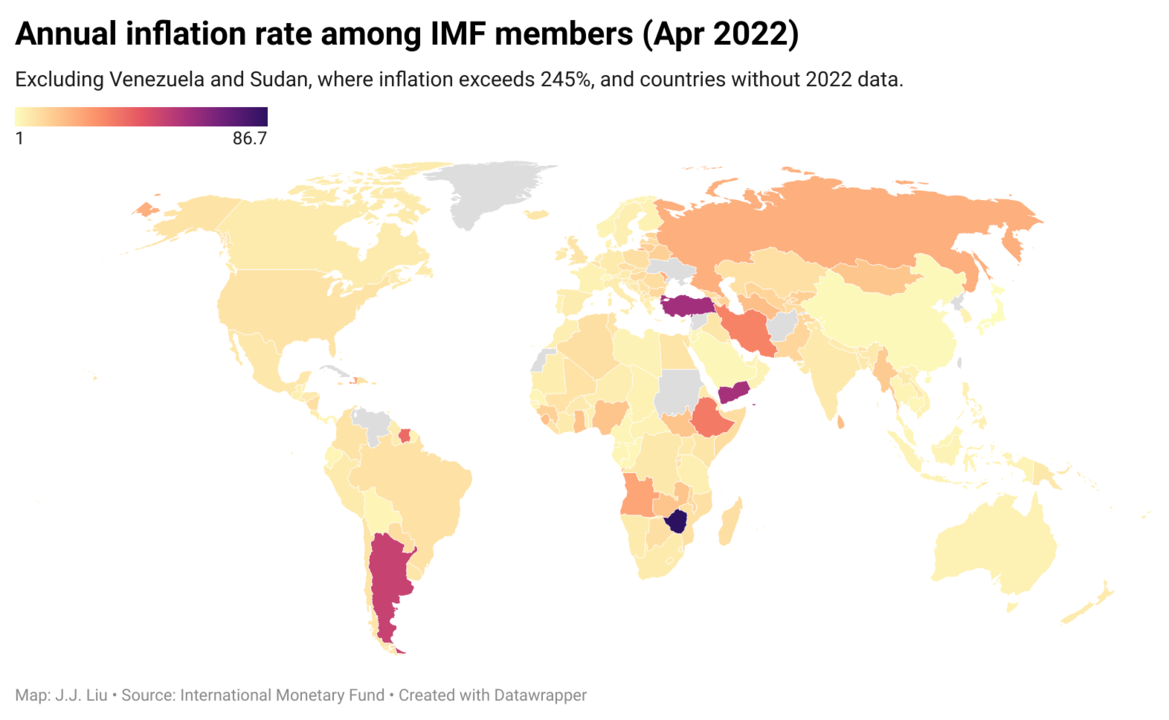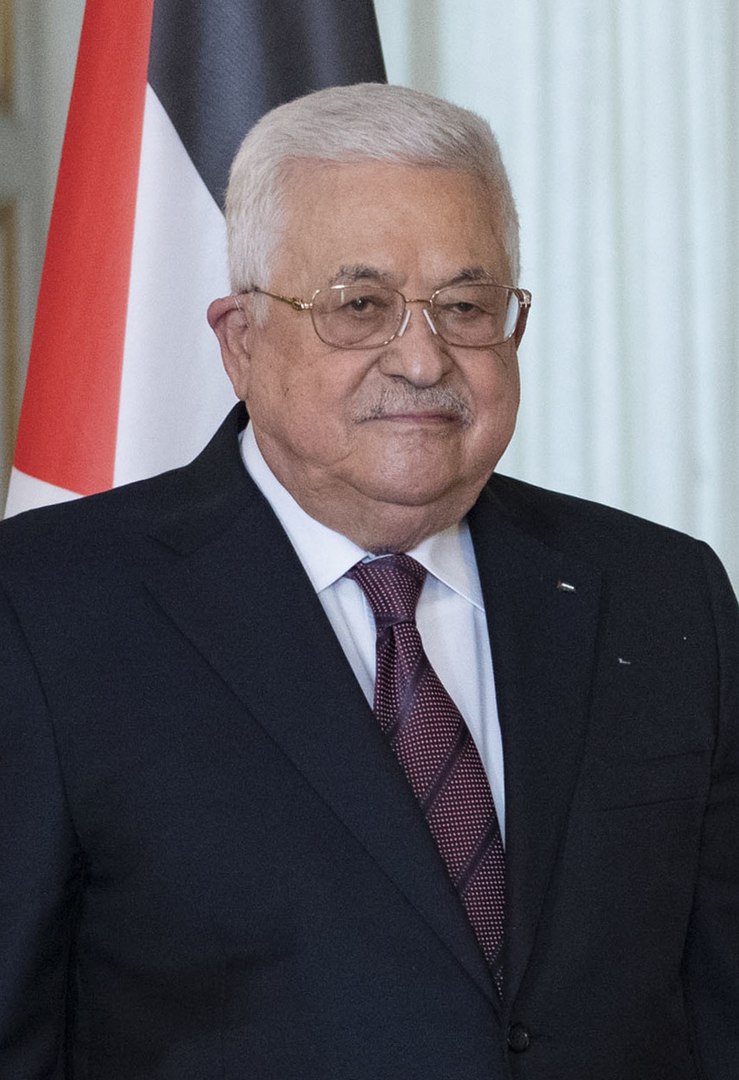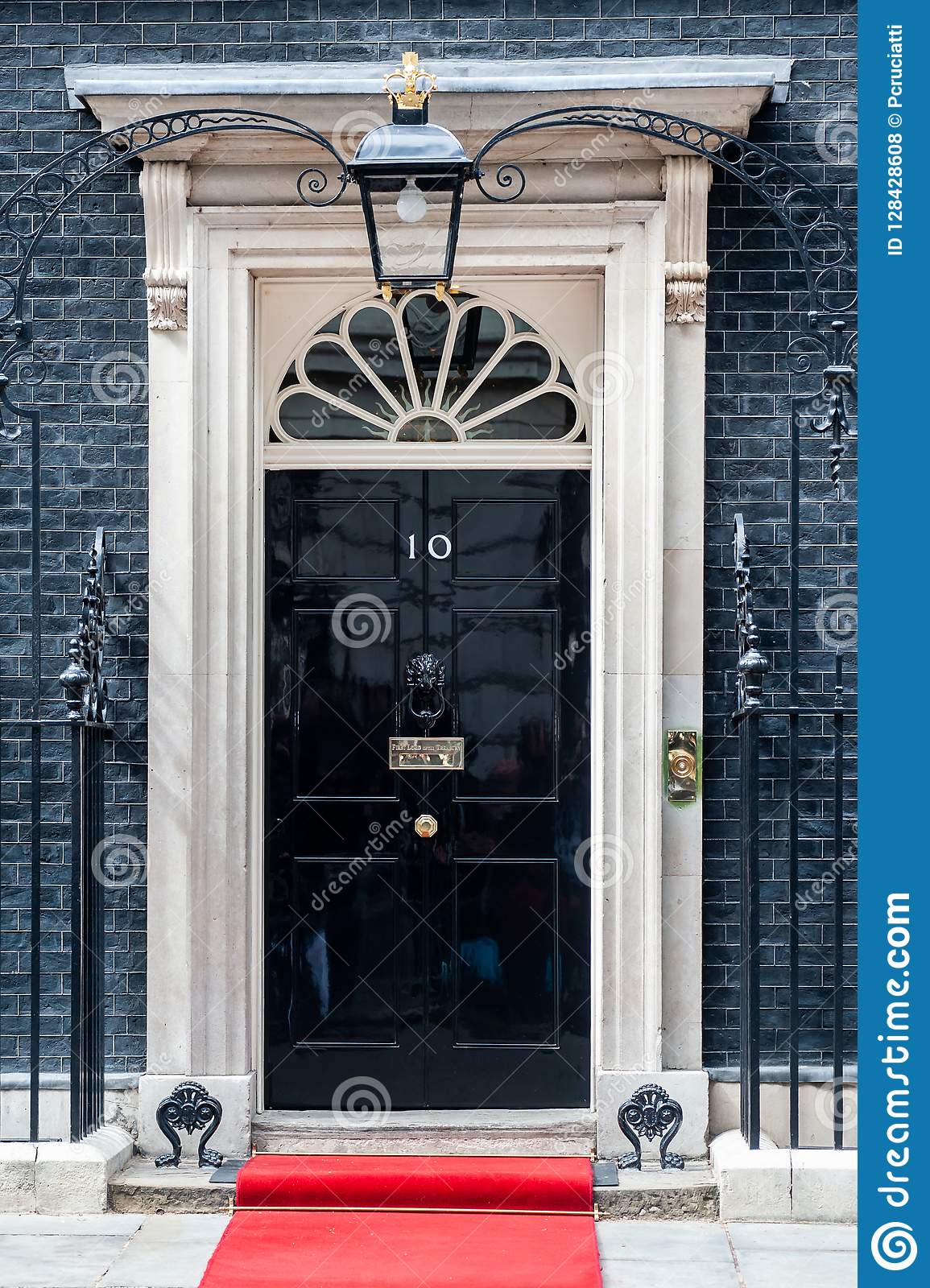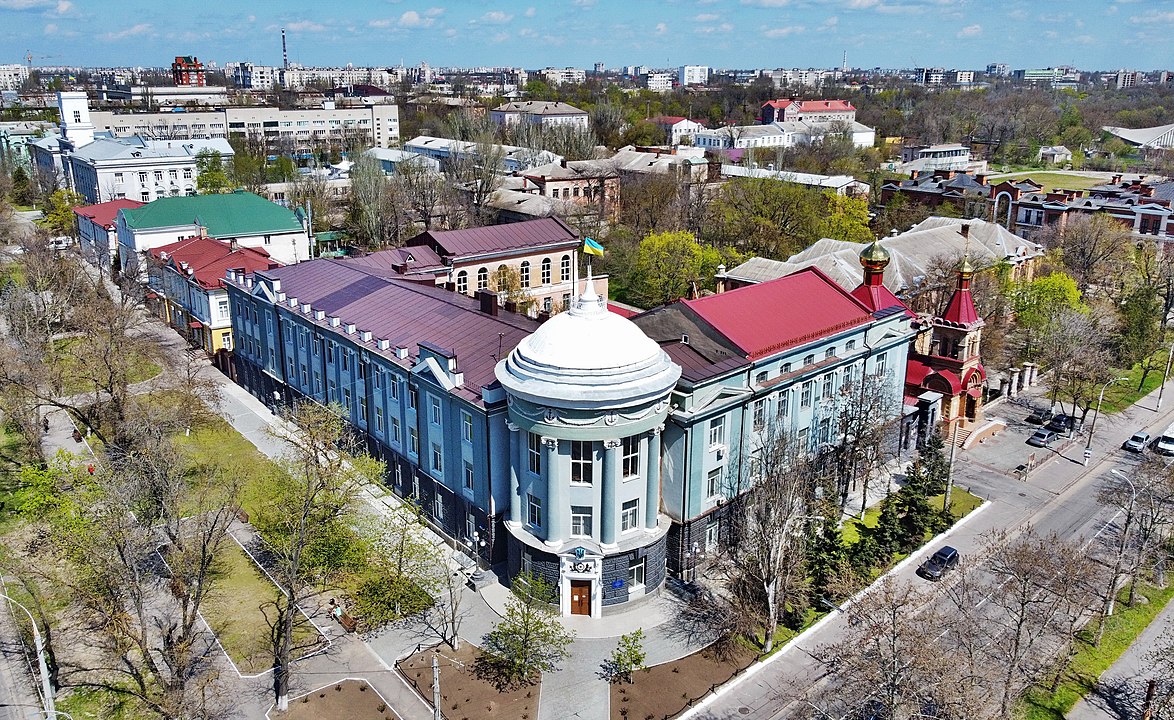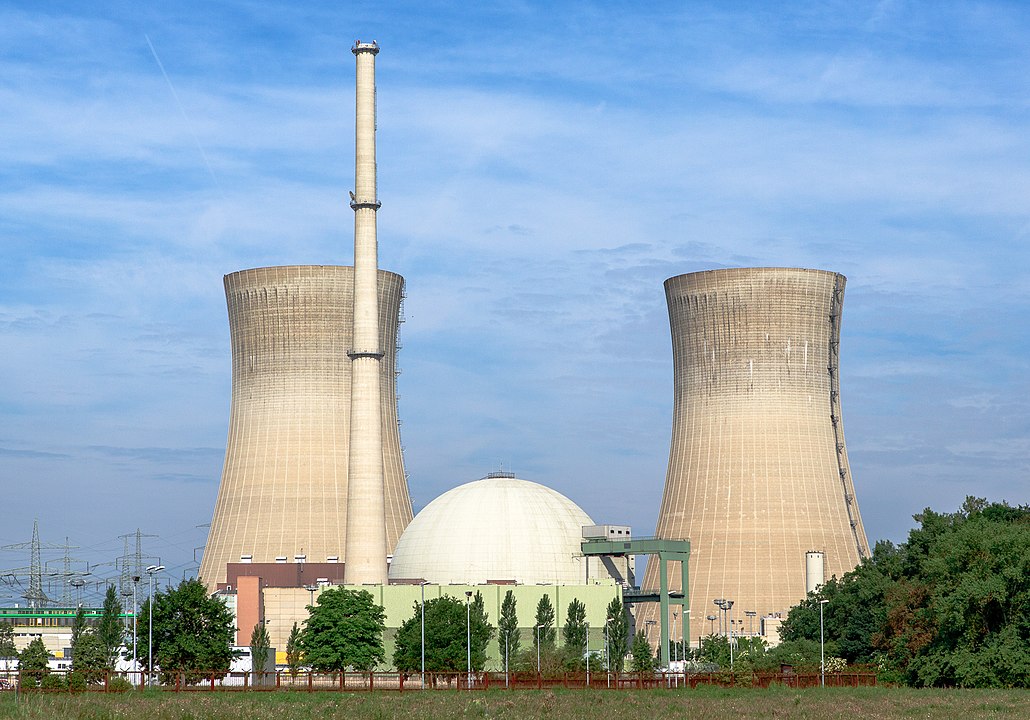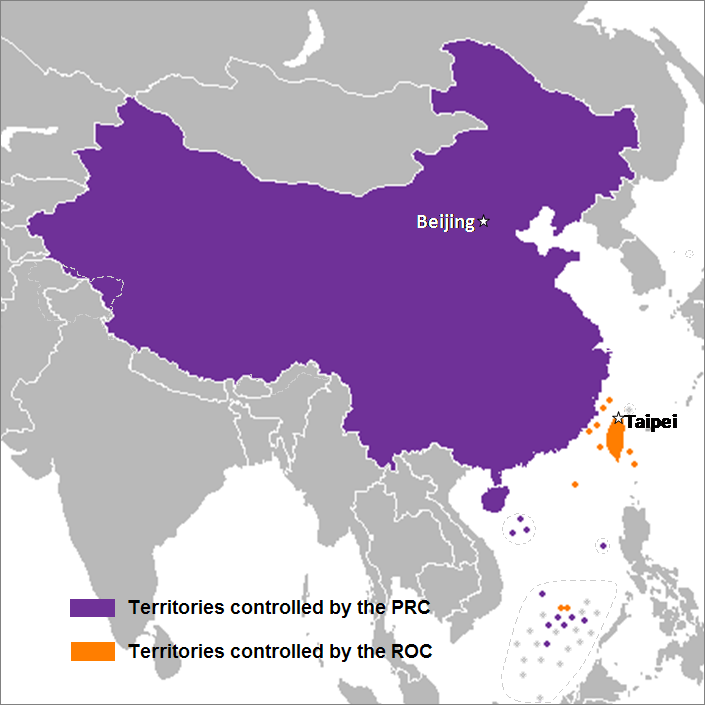
Sowing Dragon’s Teeth: Chinese and American Tensions Over Taiwan
On August 2nd, a plane carrying Nancy Pelosi, the Speaker of the United States’ House of Representatives, touched down in Taiwan (more formally known as the Republic of China). Pelosi’s visit to Taiwan comes amid the backdrop of deteriorating relations between mainland China (more formally known as the People’s Republic of China) and the United States. The visit itself was seen as provocative by mainland China, which regards Taiwan as rightfully belonging to the mainland for historical and strategic reasons, and sees this as potentially opening the door to American recognition of Taiwan as a sovereign entity separate from China. Such a recognition would be in breach of the current formulation of American-Chinese ties, which was built on a One China policy, where the United States acknowledged that “ that all Chinese on either side of the Taiwan Strait maintain there is but one China and that Taiwan is a part of China.” This policy and its (somewhat ambiguous) wording was first established by the 1972 Shanghai Communique and was reinforced by subsequent agreements. China reacted to this visit by holding military exercises near Taiwan and severing various agreements with the United States.

